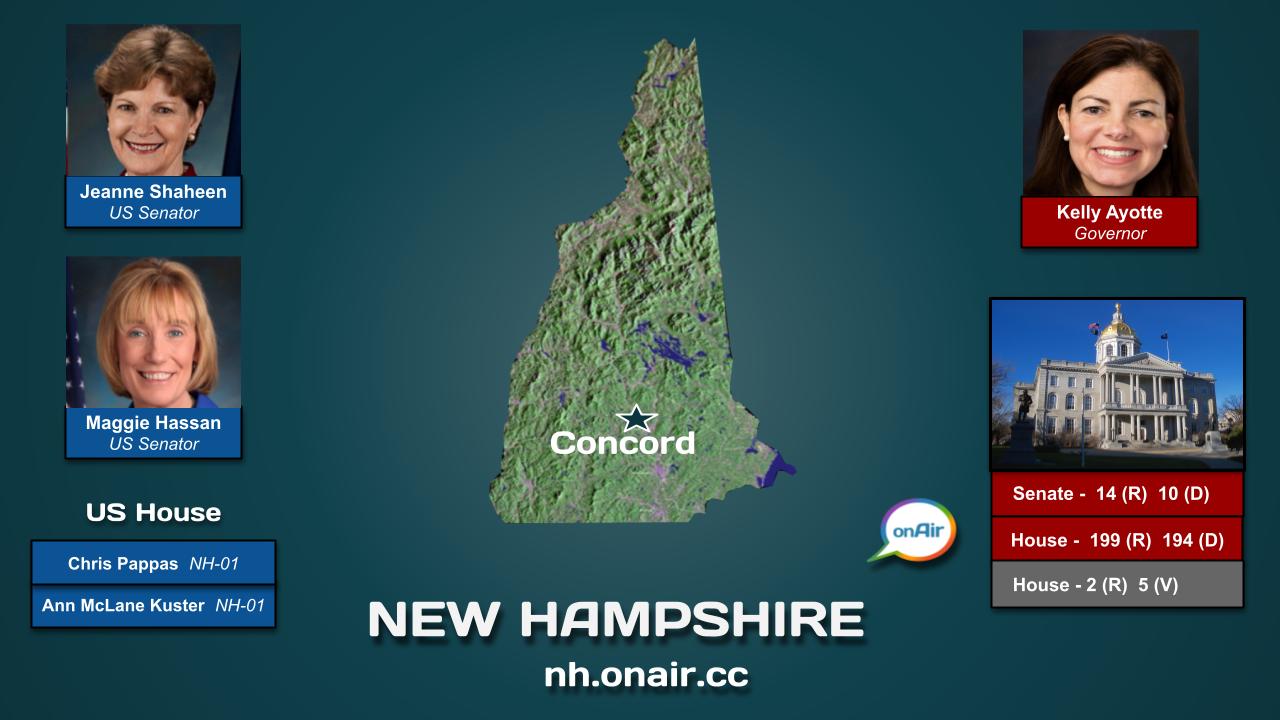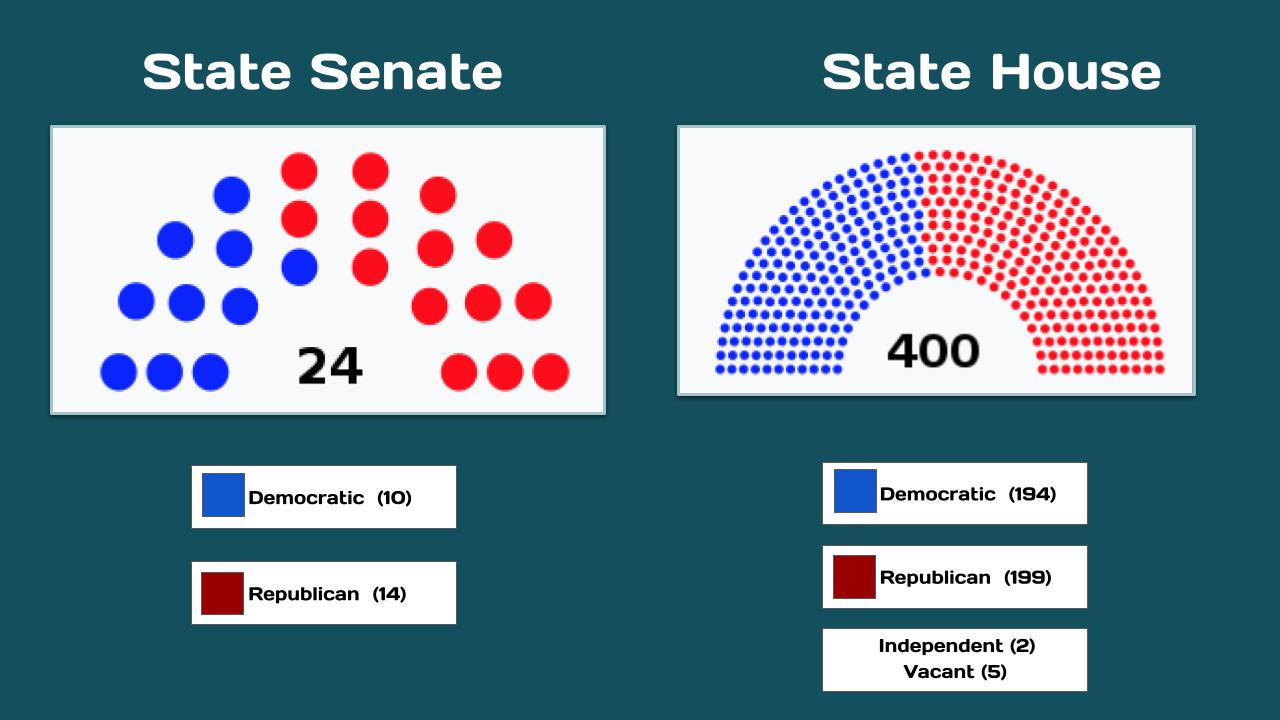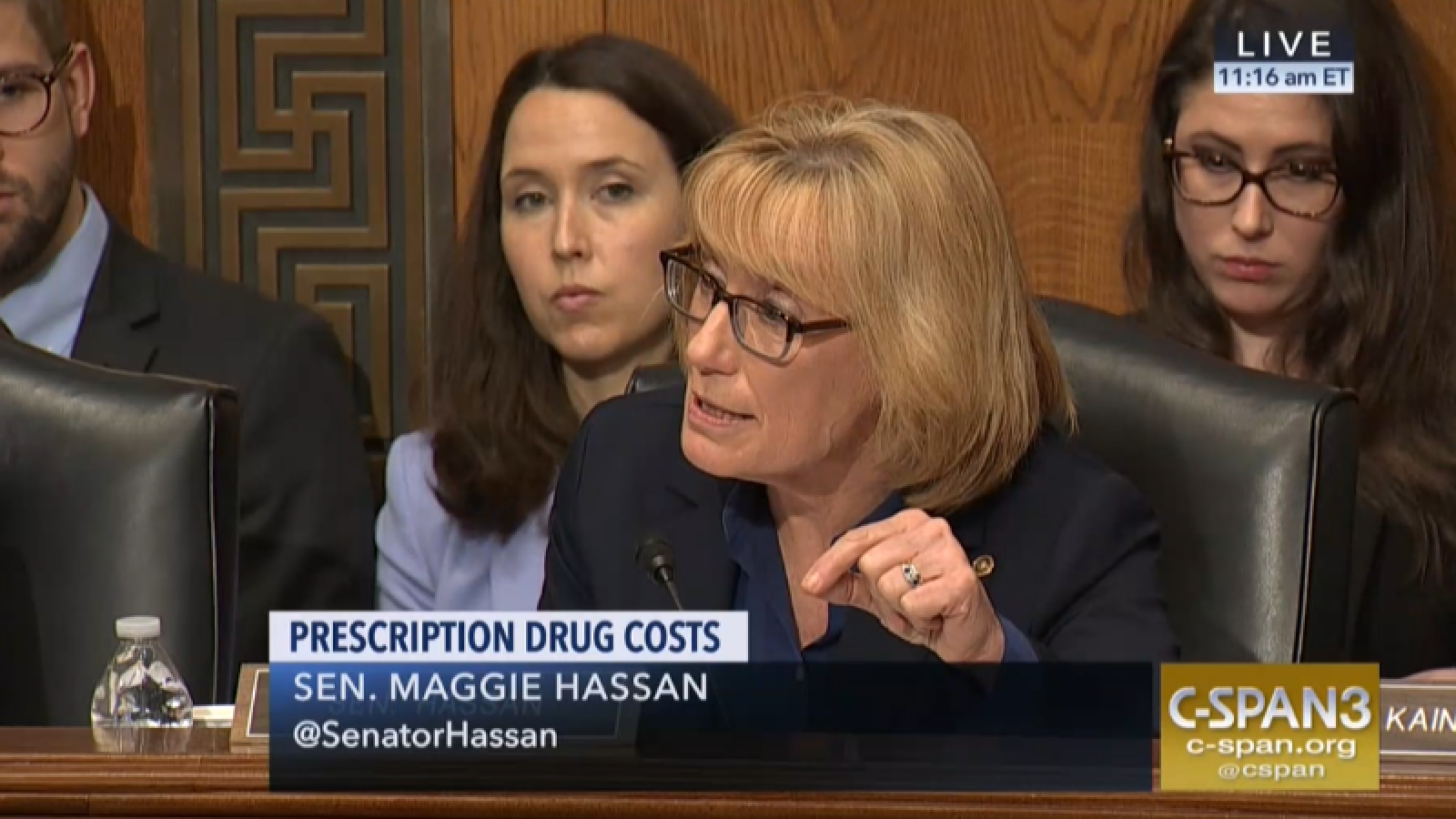Current Position: US Senator since 2009
Affiliation: Democrat
Former Positions: Governor from 2013 – 2017; State Senator from 2004 – 2010
Other Positions: Chair, Subcommittee on Commerce, Justice, Science, and Related Agencies – Committee on Appropriations
Shaheen served as the 78th governor of New Hampshire from 1997 to 2003. Shaheen is the first woman elected as both a governor and a U.S. senator. She served as director of the Harvard Institute of Politics before resigning to run for the U.S. Senate again in the 2008 election, defeating Sununu in a rematch.
She taught high school in Mississippi and moved to New Hampshire in 1973, where she taught school and, with her husband, owned a store that sold used jewelry. She worked on several campaigns, including Jimmy Carter’s 1976 presidential campaign, and as the New Hampshire campaign manager for Gary Hart in 1984. In 2005, Shaheen was named director of Harvard’s Institute of Politics.
Featured Quote:
The data doesn’t lie–the #COVID19 crisis had a disproportionate impact on women in the workforce. Now more than ever, we must ensure women have the financial safeguards in place so they can take care of themselves & their families without worrying about their savings running out.
Sen. Jeanne Shaheen: New Hampshire’s pioneering senator







